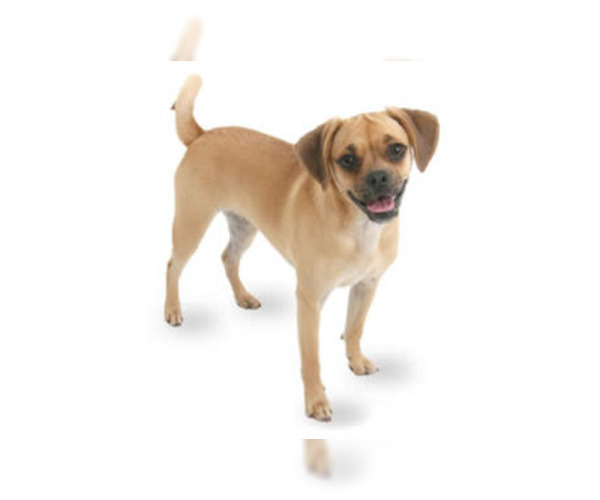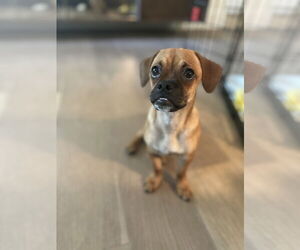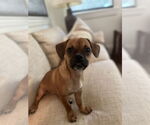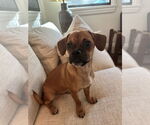BLUE - PUG / BEAGLE / MIXED (SHORT COAT) DOG FOR ADOPTION
Puggle Dogs For Adoption in Phoenix, AZ, USA
For Adoption
-
Nickname:
Blue
-
Breed
-
Gender
Male
-
Age
Baby
-
Location
Phoenix, AZ, 85022 USAUSA
Description
Dog Breed: Pug / Beagle / Mixed (short coat). Adoption Fee: 200. Meet Blue!! He is the happiest boy EVER!! He loves all people and his favorite thing is to play! He loves other dogs. Even though he has lots of fun energy, he knows when it’s down time and is an angel in his kennel. He is crate trained and doing amazing with his house training. Blue is around 5 months old and a pug/beagle/chi mix. His adoption fee is $200 and he is neutered, vaccinated and microchipped. To meet him text 602-908-6215 or 480-718-1312.
-
Physical Attributes
Coat Length: Short -
Behavioral Characteristics
OK with Kids: Yes OK with Dogs: Yes OK with Cats: Yes Other: - Housetrained
-
Additional Information
Was the Dog Found No
Let PuppyFinder Help!
Save Time. Get The Right Match. Buy Puppy Safer.
CREATE A WANTED ADRescue Information
-
Organization name
Adopt A Dog Rescue
-
Location:
Phoenix, Arizona, 85022 USAUSA
Breed overview

Overview:
The Puggle, a charming cross between a Beagle and a Pug, originated in the 1980s as a designer breed in the United States, quickly gaining popularity for its unique blend of traits. Physically, Puggles typically sport a sturdy, muscular build with a short, smooth coat that comes in various colors, often resembling the Beagle's tri-color or the Pug's fawn with a black mask; their floppy ears and expressive eyes are unmistakable. Temperamentally, they are known for being friendly, affectionate, and generally good-natured, inheriting the Beagle's playful curiosity and the Pug's laid-back charm, though they can possess a stubborn streak. This makes them excellent family pets, adaptable to both houses with yards and apartment living, provided they receive regular exercise. While generally healthy, potential owners should be aware of predispositions to conditions like hip dysplasia, patellar luxation, and respiratory issues, common in their parent breeds, making responsible breeding and regular veterinary check-ups crucial for their well-being.
See more...





